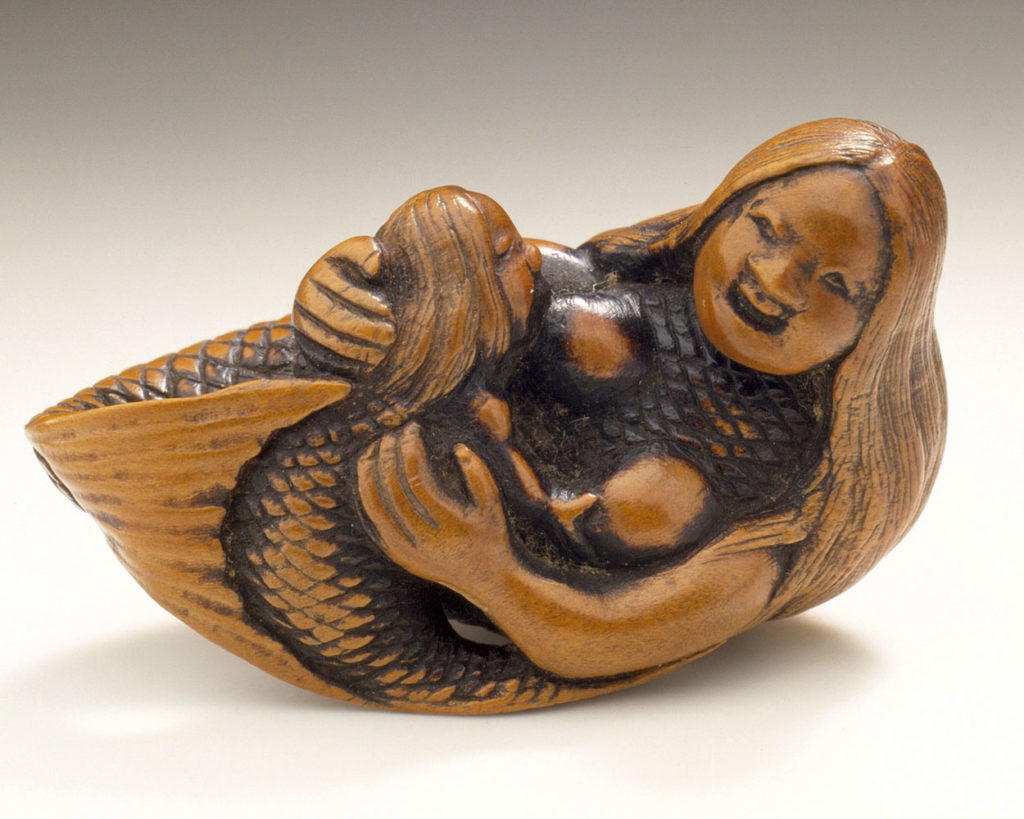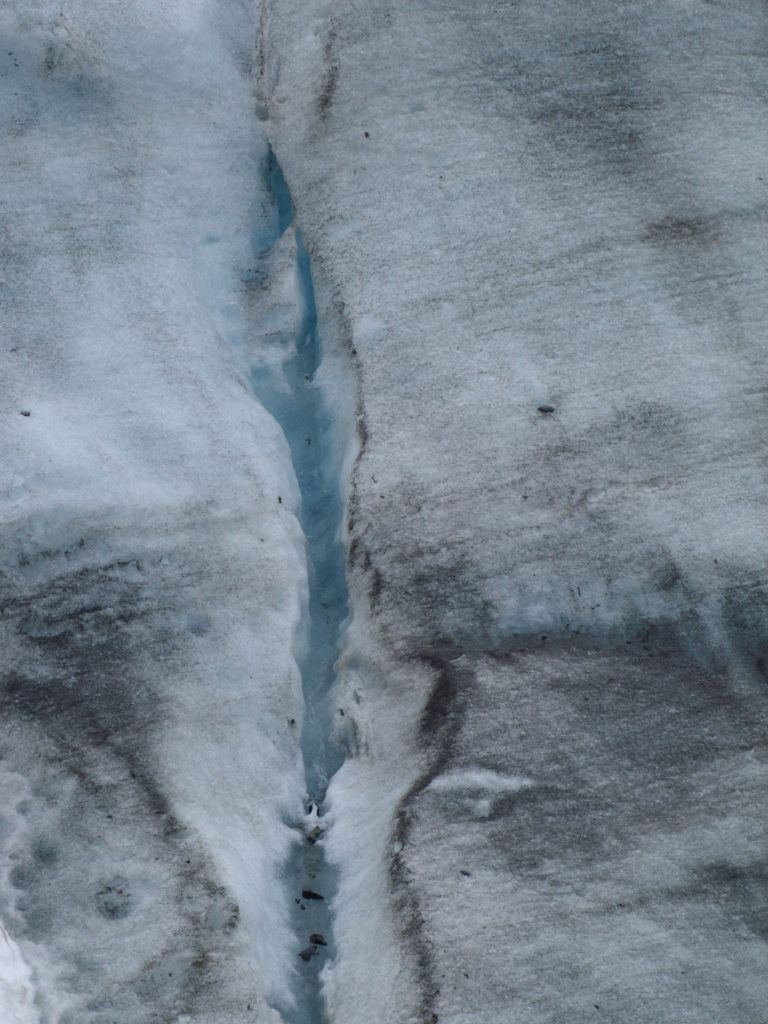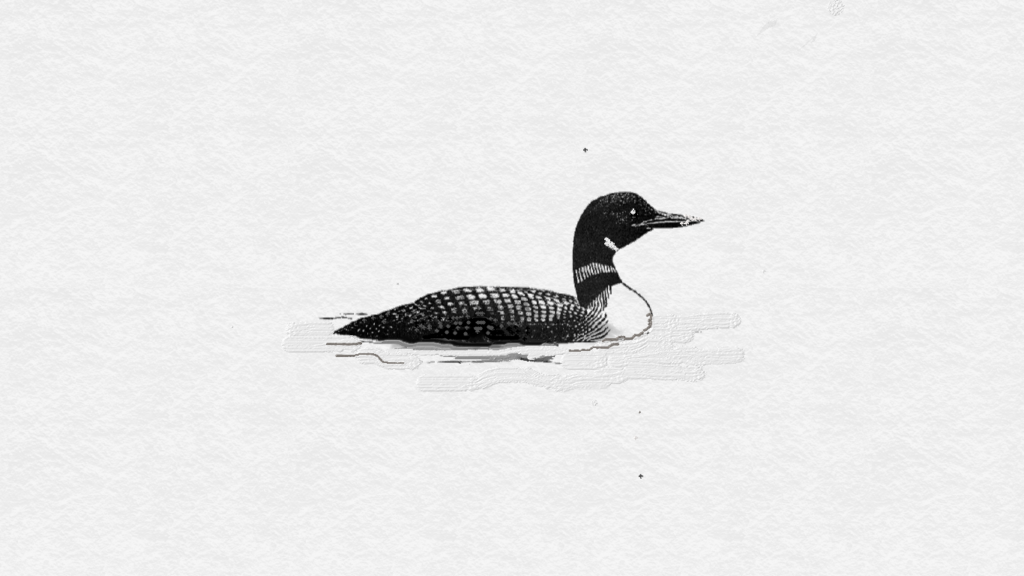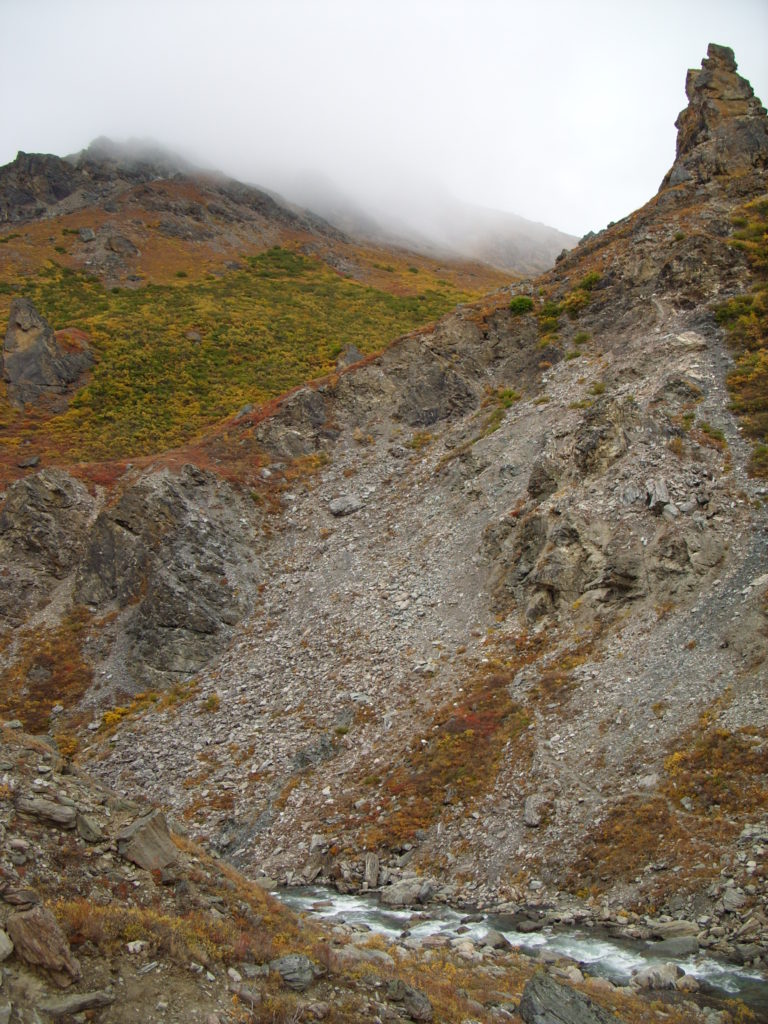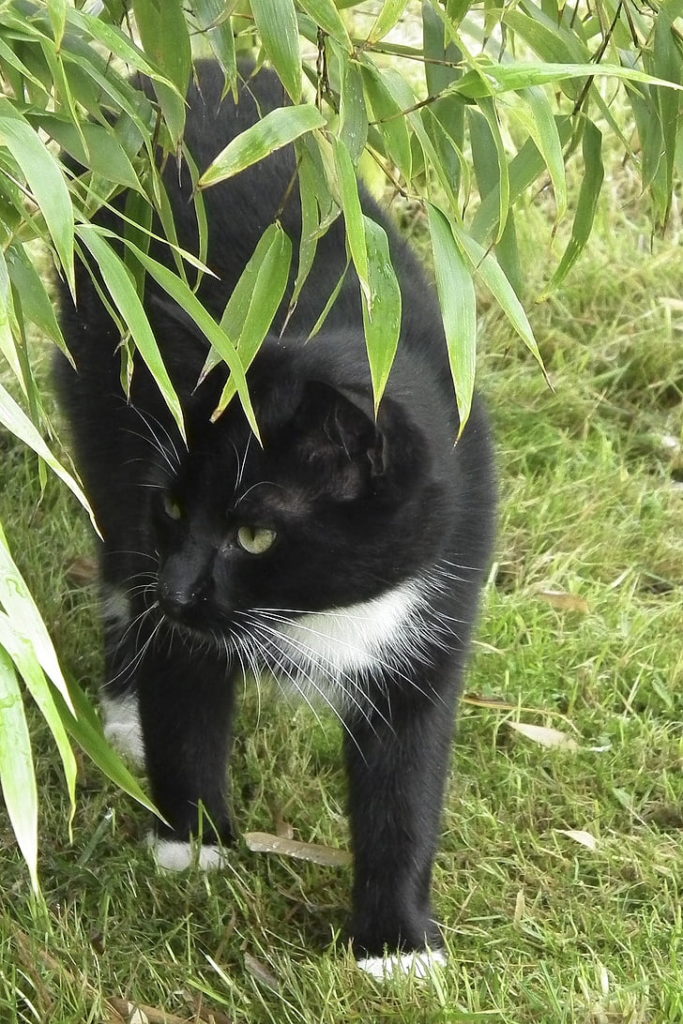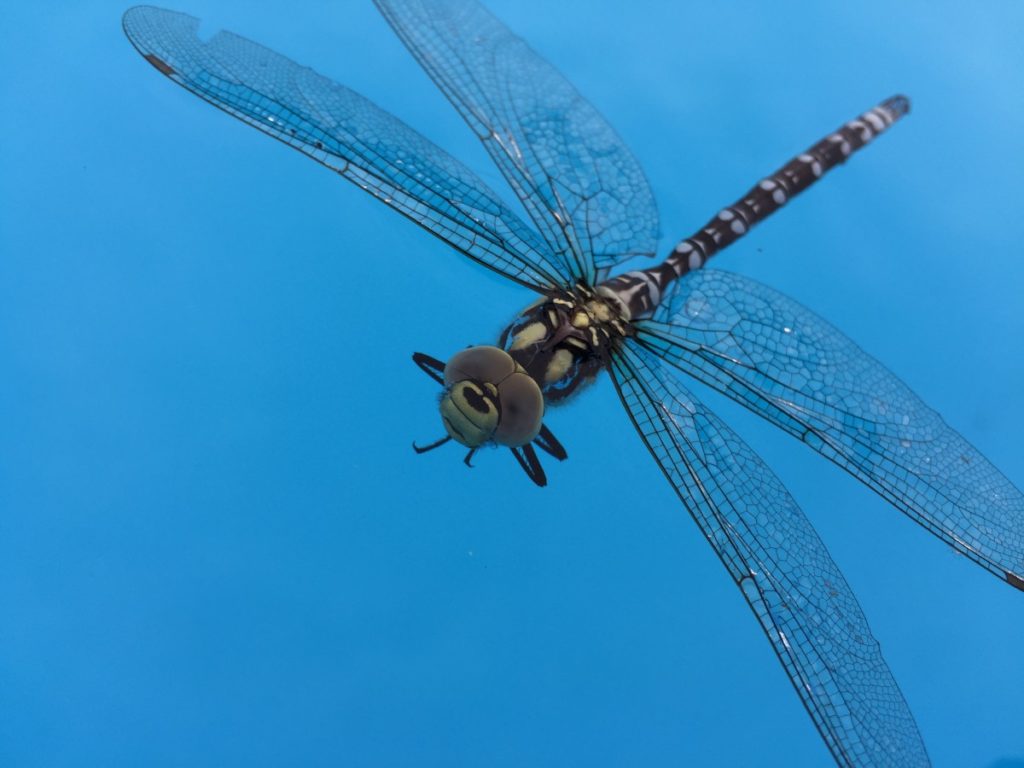It happens at sunrise and sunset, her call
and the arch of her back,
the light catching the specks of salt on her spine.
She falls slowly, cascading into the bay,
carving through waves, streaming through sargassum
then resurfaces, lips lined with crystals,
hardened.
She shakes her kelp hair, switches her shoulders
and her cry echoes round the bay
announcing her ownership of the sea,
and then she vanishes.
Hidatsu waits,
feet anchored in sand by the cold water’s edge
his face has grown pale with waiting
each morning, each evening while the waves ebb and flow
‘til the tide brings her back then takes her away again
like the moon playing tricks up and down in the sky.
His father watches from their home up the slope
clutching their totem with the face carved in tears,
willing his son to turn back and let go,
to return to the trees and their cedar house home
where his mother is praying, sewing shells into bark,
drawing threads through soft hide, shaking her talismans,
waving her rattles to drive away dreams
which lure her son from their tree-clad land,
while his brothers draw plans in the sand for the potlatch,
pile the copper plates up in the rafters
baskets and bowls against the east wall
potlatch puppets and masks and feathers,
and his sisters sew patterns across chilkat cloaks
shells and buttons with blue and white thread
weaving in stars, the sea and a face smeared with tears
and still, by the door, his father lingers
watching his son drawn in by the waves.
Then a cold wind creeps over the sand
and Hidatsu shivers, slips his hands in his cloak.
The creature’s cry has hit the promontory,
the rock by the fishing hut, the church and the steeple,
the whale-shaped stone and the driftwood lodge
and the sun has set and now she has gone.
So he turns towards home, and his father steps back
like a shadow sinking into the walls
with the masks and the moccasins and the face carved in tears.
They’re whipping up eulachon oil for the feast
crab-apple, cranberry, soup and halibut
salmon in slithers and cakes and cream
and the guests arrive in their shell-decked cloaks
blue and white paint smeared up their arms
like the foam-tipped waves which run in their veins
as they swing their shoulders, shimmer and shake
wrists and ankles wreathed in shells.
Deer masks and crow masks streaming with ribbons
bear masks and frog masks, gold-tipped and green
eyeballs bulging through slits and holes,
beaks and teeth clashing round necks and shins
antlers swerving, claws rattling round ears.
Hidatsu’s brother now sits at the table
facing his challenger from the Bear clan
the eulachon cream and cranberries waiting
‘til the drum is struck and the game begins.
They spoon all into their gaping mouths
gasping for breath like the fish on the plates
more and more cream and more and more cranberries
to the cheers of the guests as they clap and wait
for who can eat most before throwing it up –
eating and stuffing to show your force
until at last vanquished, the face falls in the cream.
Then the Bear dancer leaps onto the table
stamps on the plates to the thundering drums
whirls in a circle, lands on the ground
for the children to fall in heaps of fun.
Then the dancing and feasting and stories and laughter
and an eagle jester swerves in through the door
claws in his cloak, he pulls out some glue
or gum or goo, and spreads it round
it sticks to the table, to the cloaks and the walls
to the thrill and the groans of the potlatch crowd.
Hidatsu’s father slips out of the house
for the time has come to light up the pyre
cedar and alder wood, sprinkled with leaves
and the flames leap up and lick round the branches
hungry and orange and sunset red
and the smoke vanishes into the sky.
The guests and the dancers, musicians and children
circle the flames and stamp their feet
clap their hands to crescendoing drums
and Hidatsu’s brother runs through the crowd
wielding a copper plate high in the air –
those copper plate treasures the envy of all
that he can destroy and still bring out more
to show his wealth, his power and pride –
he thrusts it into the leaping flames
a collective gasp and the disk-shaped treasure
blackens in the searing blaze.
Hidatsu’s father clasps his totem
feels the face carved in tears in his hand,
he looks for Hidatsu, turns to the house
where Hidatsu lingers alone by the steps.
He stands with his son at their cedar house door
while Hidatsu’s brother lurches into the flames,
seizes on the burning copper, runs to the sea with it
hurtles it into the rippling waves
while the dancers clap and pound their feet
round and round the dying fire.
The sea hisses, the steam rises up
in a translucent cloud like a mermaid’s tail
with the rush of the water in the roll of the drums.
Ah, the rush of the water in the roll of the drums
and the mermaid’s tail
Oh tell me, tell me, where will she go
where will she go now her sea has been spoiled?
Will she ever come back and bathe on the waves
now the burning copper has stained her sea?
Hidatsu grasps his father’s hand
his father lets go
for his son’s hand is no longer a hand.
Hidatsu stretches out his webbed palm
fanned for the waves and tipped with claws,
he cuts through the door and runs and runs,
runs past the fire and the humming dancers
runs down the slope to the sand and the sea
for now is his time, now he is free,
and the tips of the waves are briny bright
the sun is setting and her call comes again
the glint on her back and the curving dive
and the stars are crawling across the sky
and he thinks it is she in her ocean passage
casting her crystal lights up to the night.
But then she vanishes.
And the guests have vanished,
the drums have died and he lies on the sand
waits for day, until the stars have faded away
until a dark shape slides over the water
waves rolling towards him. His webbed palms open,
he throws off his cloak, discards his moccasins,
steps into the water, further, further,
Hidatsu vanishes under the waves.
The father walks down to the water’s edge
sheds his moccasins, lets fall his cloak,
slips one webbed foot into the water…
And still he hovers between land and sea
waiting.

